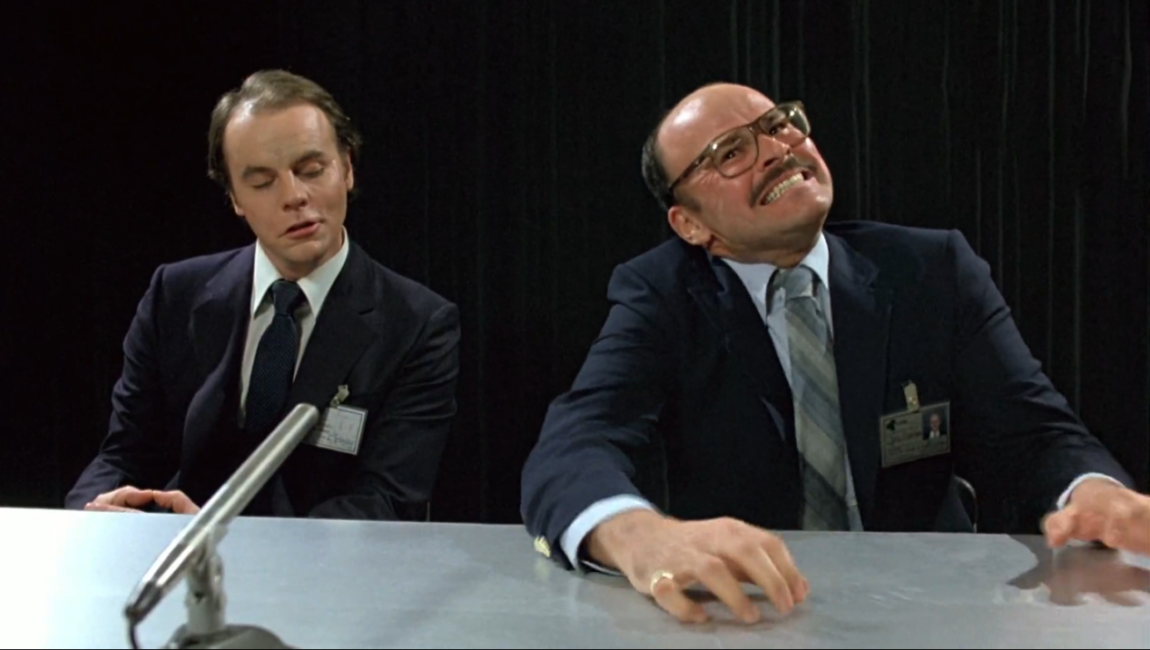Just four films into an already distinguished career, South Korea’s Bong Joon-ho has established himself as one of contemporary cinema’s most formidable genre directors. His latest, Mother, if not his best film to date, might just be his most cohesive. It primarily works because it’s such a wholly compelling synthesis of the elements that made his two previous pictures so striking: the relentless suspense-building techniques and absurdist humor of Bong’s crowd-pleasing monster movie The Host, and the intricate plotting and thematic complexity of his breakthrough procedural, Memories of Murder. Mother draws heavily on the style and tone of the former, but it’s the latter that it seems more closely related to. Like Memories, Mother centers around the hunt for a murderer, one that involves the fiercely protective maternal figure of its title, her mentally-handicapped young-adult son, and the promiscuous schoolgirl whom her son has been accused of killing. As he did with The Host, Bong is able to flesh out a relatively thin premise with memorable characters and a narrative ready to dart in a new, exciting direction at any given moment. Most importantly, Bong’s latest rarely if ever feels contrived or forced thanks to its consistently controlled tone and pacing.
The film’s most stunning sequence comes early: during a tense game of which-threat’s-the-real-one?, the iconically named Mother (Kim Hye-ja) chops away at a husk of grain — each swipe coming ever so closer to taking off a finger —w hile her son, Do-joon (Won Bin), perilously plays with a mutt in the road. In this brief but brilliant scene (which finds a clever way to let both threats pay off in equally surprising ways) we learn all we need to about these characters, through both their behaviors and the way Bong shoots them. Mother watches her vulnerable son from her dimly lit shop across the street like a lioness turning a protective eye toward her cub from the vantage of a darkened cave. Do-joon, meanwhile, plays out in the open, oblivious to both the danger around him and to the level of emphatic devotion his mother focuses on him. The rest of Bong’s film will explore the combustible bond shared by these two unique characters, endearing us to them one minute and asking that we reexamine their motives and methods — and our sympathy for them — the next. What anchors Bong’s sometimes wayward narrative is the performance of Kim, a versatile actress who plays her volcanic character with an emotional range as wide as her dark, sad eyes. The contours of her aged face echo the turmoil roiling in her soul and make her ghoulish visage an ideal image of the kind of Absurdist parable Bong is channeling.
Unfortunately, Mother is a little long, with a few too many Big Twists piling up at the end. Also, its depiction of the unnamed mental handicap that afflicts Do-joon is frustrating, given that the majority of the movie’s plot revelations hinge on his peculiarly selective memory; index fingers on temples and vigorous rubbing tend to dislodge memories thought to be forgotten, and always at the most convenient times. Mother works best when it relies on Bong’s great gift for crafting clever sight gags and evocative imagery. Bong wrings suspense from the early scene described above, and (later on) from a tipped-over water bottle: as the contents spill across the floor, Mother tiptoes carefully in the background, clutching what could be a key piece of evidence in her son’s murder case — and trying hard not to wake a sleeping man nearby. But few sequences in Bong’s filmography approach the transcendently weird bookends of Mother. At the start of the movie, Bong frames his heroine like a tiny figure adrift in a sea of dead grass before gradually zooming in close as she dances awkwardly to the film’s Calexico-esque score—she’s choking back tears or maybe laughter. This reflexively signifies Mother’s aching loneliness as well as her concealed strength. She’s capable of swallowing everything that surrounds her, which is made manifest when her body fills the frame. Even better is the film’s finale, which finds the perfect visual shorthand to express its title character’s ultimate destination. The surreality of these scenes playfully hints at the unreliable nature of the story we’re being told. And there’s plenty of fun to be had with that conceit.







